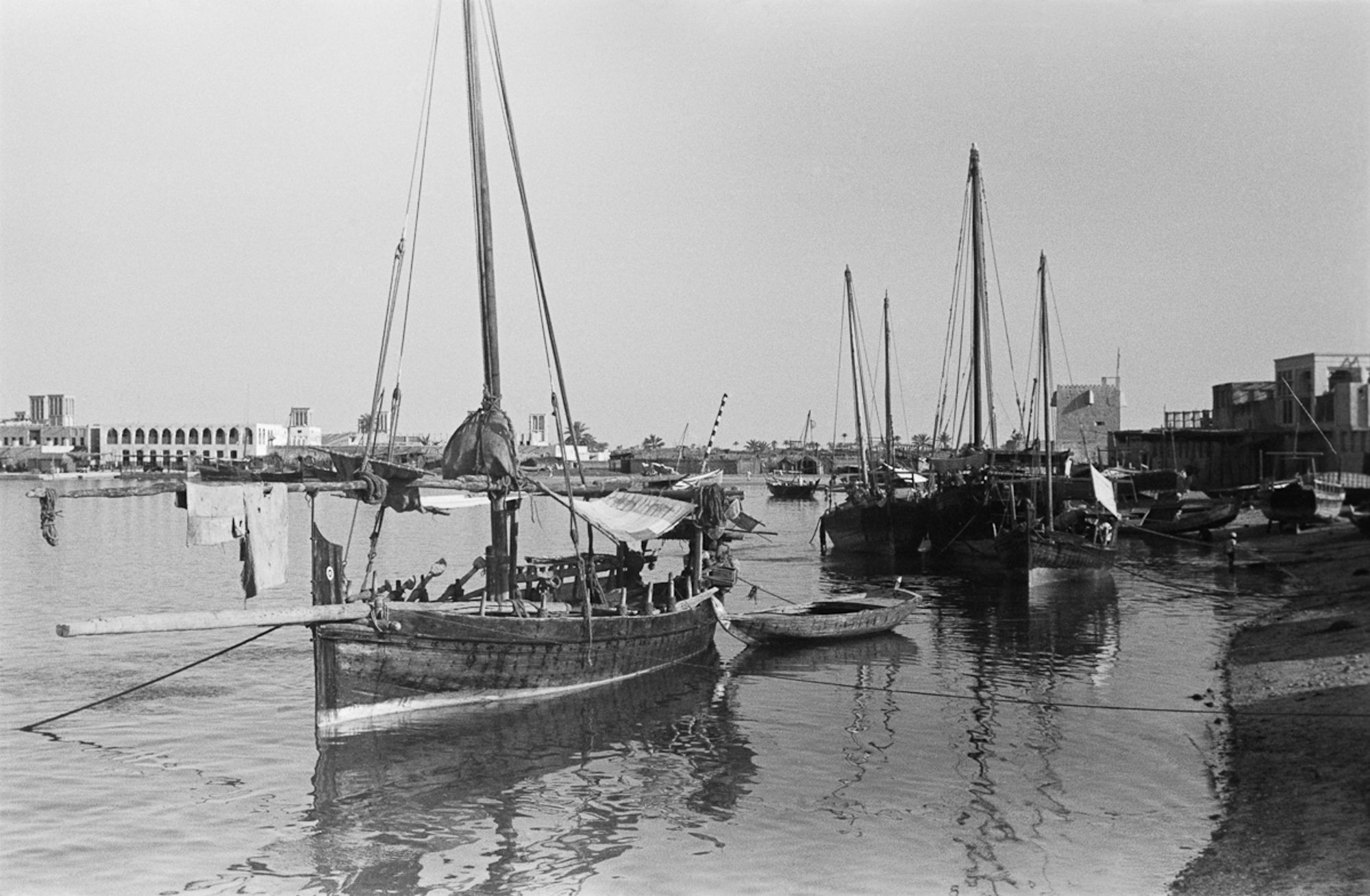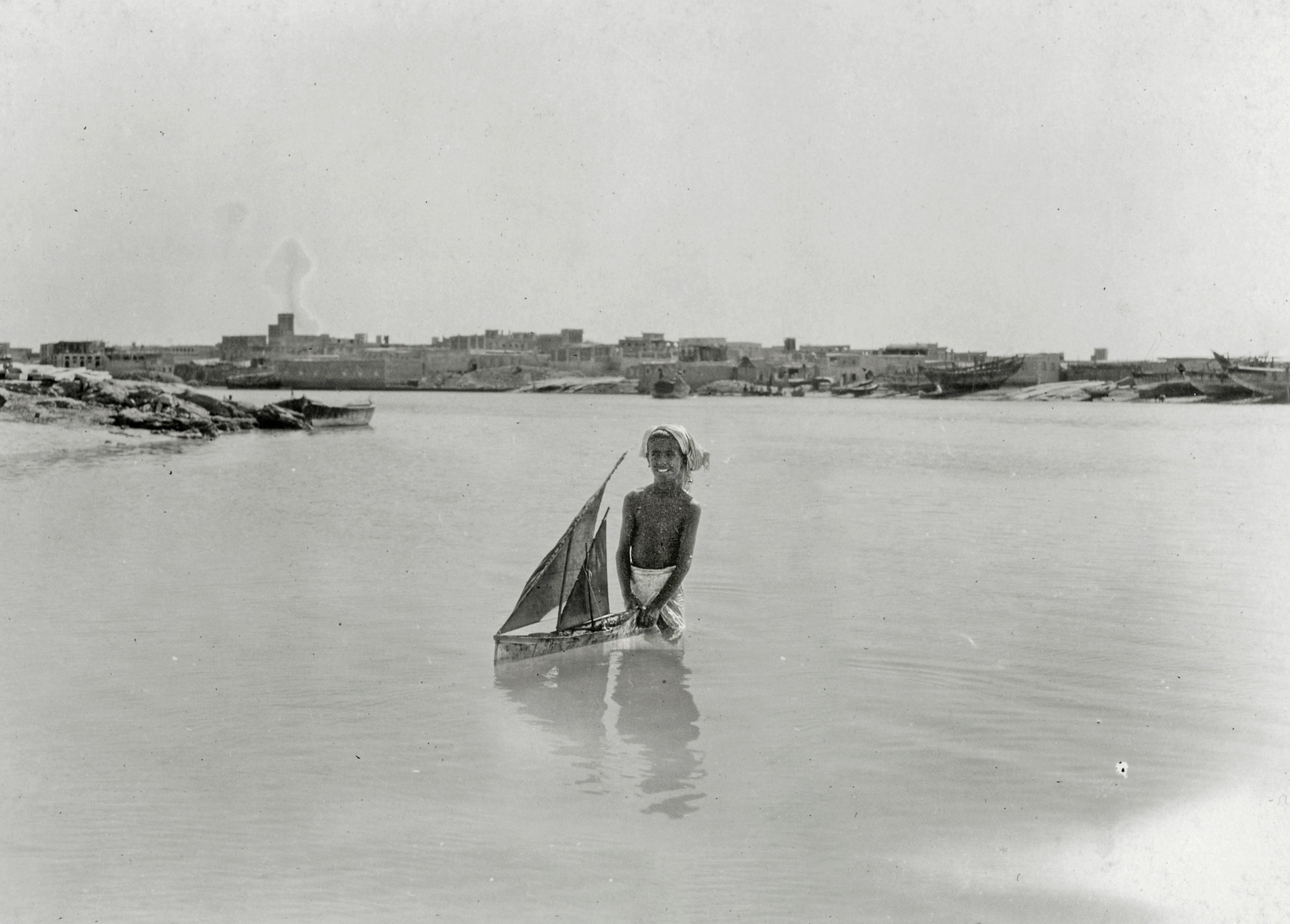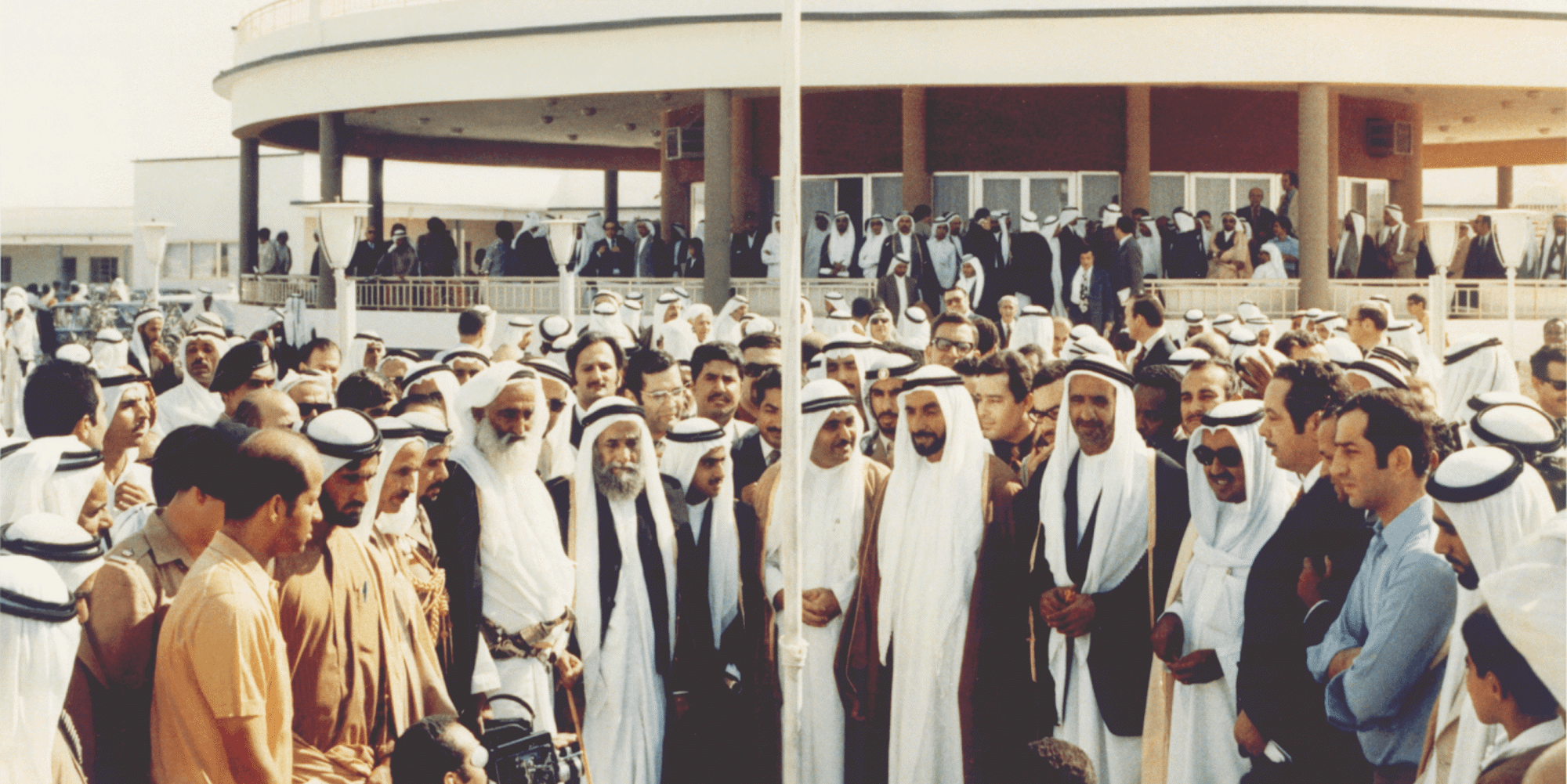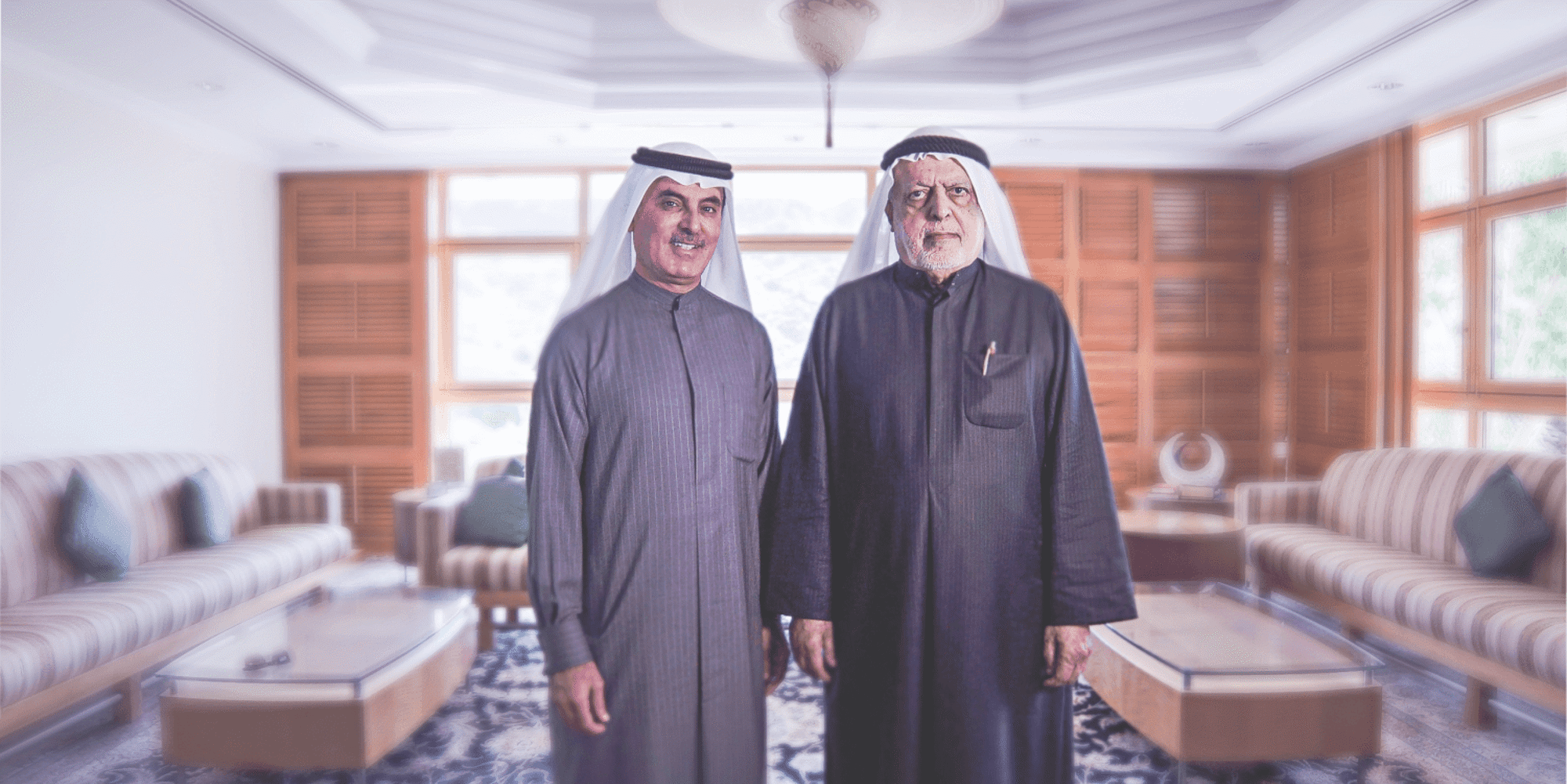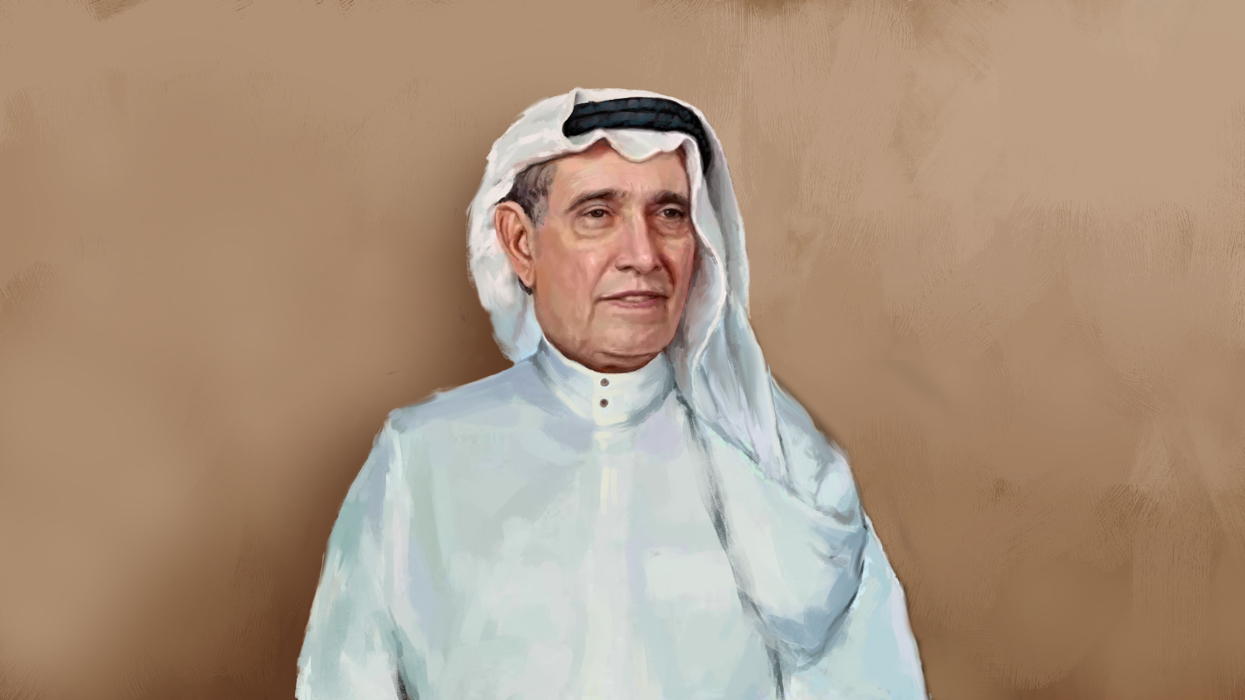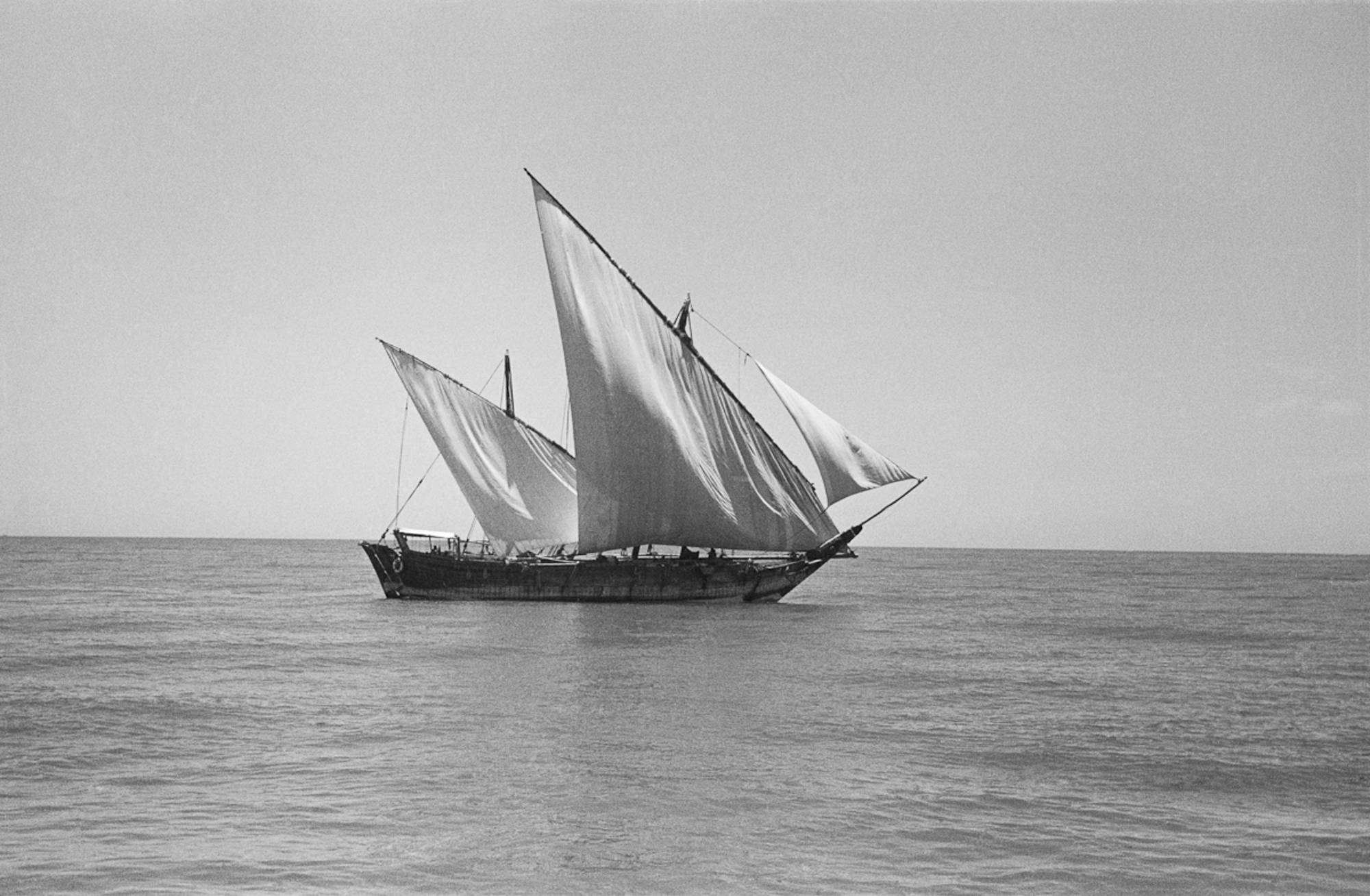
1950
1960
New directions
Challenging conditions require a visionary change of approach
The collapse of the pearl industry brought hardship to Dubai, but out of the struggles came innovation. The Al Ghurair family played a leading role in Dubai's transition from being a city of pearl divers and exporters to a regional trading hub. The experiences of these leaner times left an indelible mark on the young Abdulla, as did the way in which his family pivoted to find new opportunities, planting a seed of determination in the young man.
"When the pearling business collapsed, the Al Ghurair family adapted very quickly."
Former employee
By the time the young Abdulla Al Ghurair was old enough to climb aboard his father's pearling dhows, the economic picture in Dubai had changed. Not only had the Great Depression choked global trade, drastically reducing visitors to what had become a bustling Deira souk, but the emergence of cultured oysters in Japan had decimated Dubai's indispensable pearling industry.
Almost overnight, the beating heart of Dubai's economy was ripped from its chest and transplanted to the East. As poverty spread in the region, the resilience and resourcefulness of its inhabitants would be severely tested. For the Al Ghurairs, including young Abdulla, it was time to rise to the challenge.
From Dubai to the world
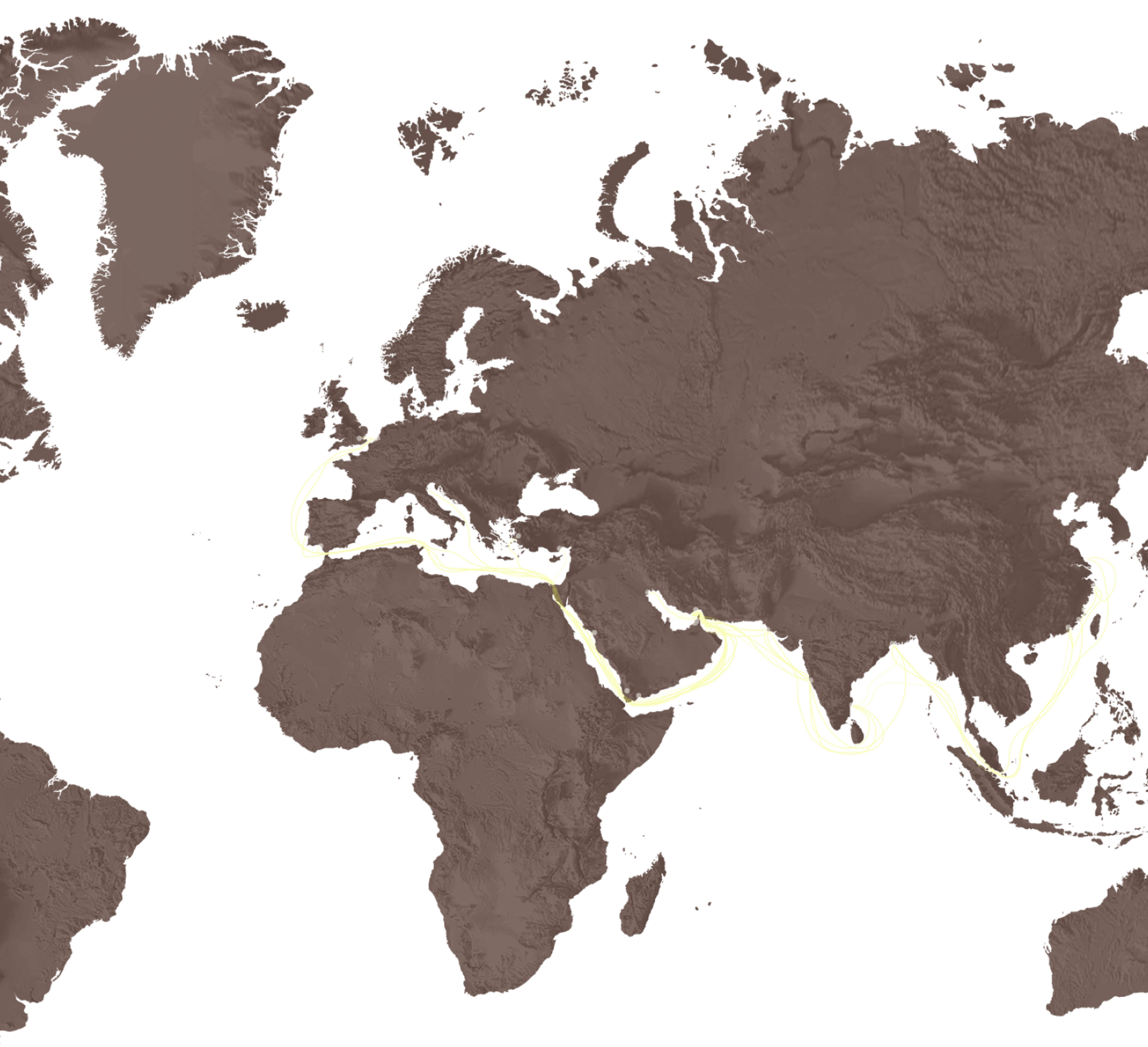
Tea, textiles, pearls, and spices
Strategically located at the crossroads of commerce between East and West, the Arabian Gulf has been a trading hub for millennia. Tea, textiles, pearls, and spices are just some of the goods that have been shipped in and out of the region’s ports and beyond into far-off markets.
Pearls were a major export from Dubai and the rest of the Gulf in the early twentieth century, predominantly being shipped eastwards to India and China, but also towards Western Europe. In the 1950s, the development of the cultured pearl in Japan killed off this lucrative Gulf export, but soon other products took their place.
With the pearl industry in decline, Ahmed revealed his resourcefulness by adapting his fleet of dhows to travel longer distances and carry more cargo. Soon, Abdulla was joining his father on board these boats, which were no longer carrying pearls, but rather transporting dates to Iraq, India, and various countries in Africa, and returning with tradable textiles, spices, and teak.
Despite having received only a few years of very basic education, Abdulla proved to be a fast and diligent learner. Inspired by his family's infectious endeavour, he began carving out business opportunities of his own. First, he began to buy fish in bulk from the neighbouring village of Jumeirah, before selling it on to the hungry crews of merchant vessels anchored at Dubai Creek. When this proved a success, he decided he needn't wait for the customers to come to him and began taking sardines out to the ships navigating the Strait of Hormuz near Oman.
"Mr Abdulla was a unique person. He believed in hard work and discipline."
Family friend
By the time he was 16, Abdulla had made enough money from these ventures to buy a plot of land. Although at first his father was dubious, Abdulla says his father was impressed by what his son had obtained for 500 rupees – the currency of the time, which back then would have been worth around US$125, and today would be equivalent to $1,600.
With his father's encouragement, Abdulla continued to add to his property portfolio. Abdulla's fortune was in lockstep with that of his hometown, which had deftly transitioned from pearl diving to trade in less than a generation and was now embarking on a new and more positive trajectory.
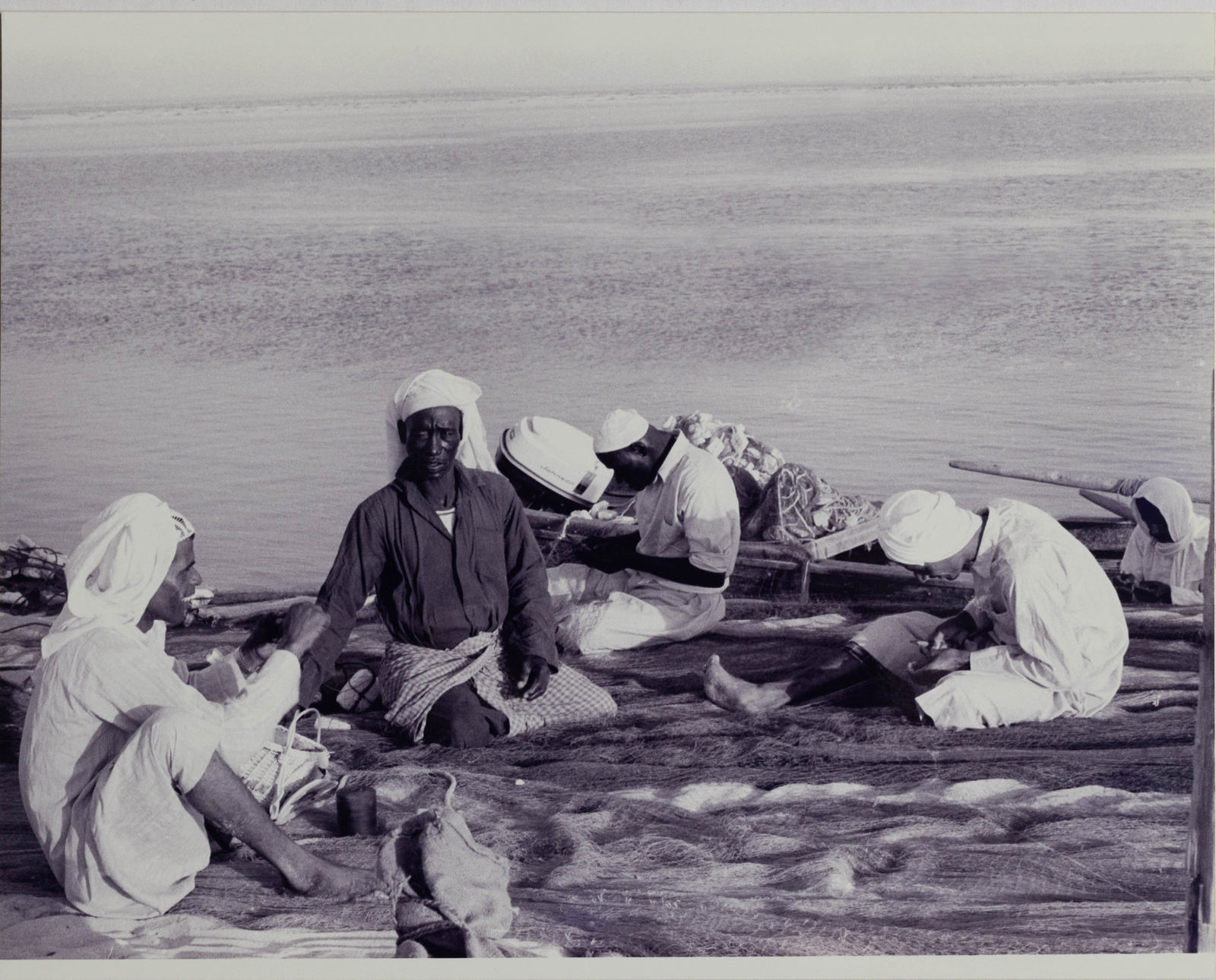
The Creek was the main source of livelihood for Dubai residents and it attracted traders and workers from around the world. Photocredit: Narain Sawlani (1958)

Merchants lived in houses built from coral, with tall, four-sided ventilation shafts (barjeels) rising from their flat roofs. Photocredit: Wilfred Thesiger, Pitt Rivers Museum, University of Oxford.
